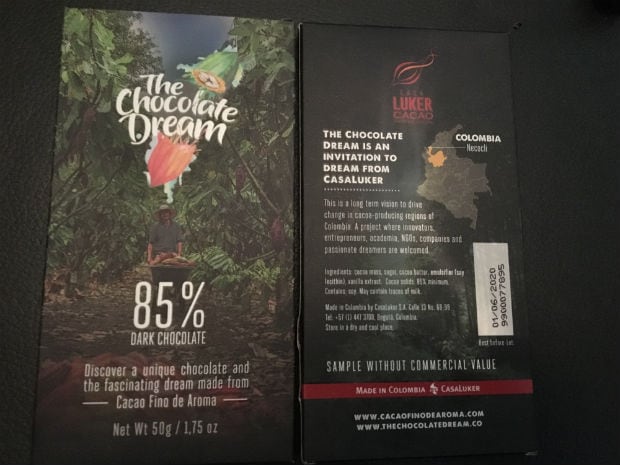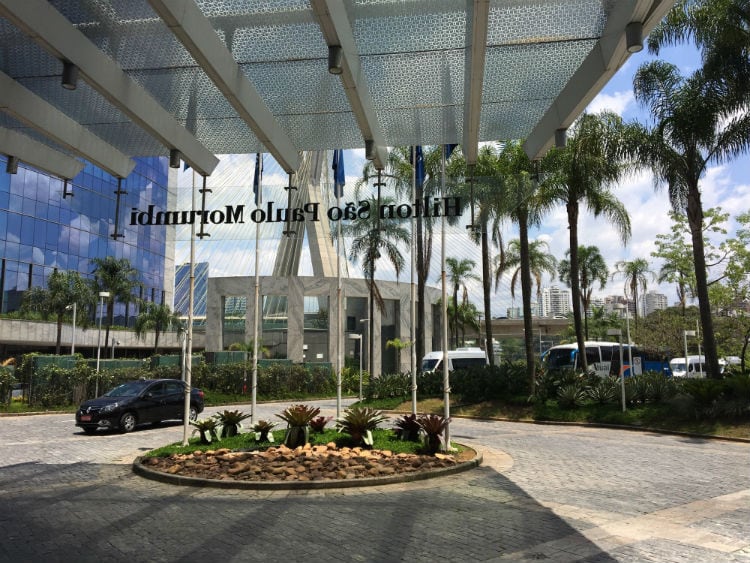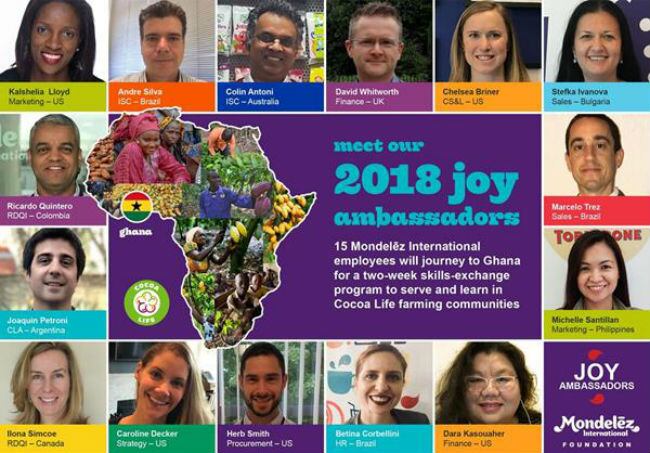Cocoa is an extremely durable crop that has had to overcome many obstacles, such as disease, climate change, deforestation etc, to thrive in its natural environment.
Colombian growers suffer from these problems too, but for almost 50 years it has been competing with a bigger force: internal conflict and illegal drugs.
The question asked by Juana Botero, sustainability director at cocoa producer Casa Luker, at this year’s World Cocoa Foundation (WCF) Conference in Sao Paulo was: “Do you think that companies can change the world and make a greater contribution to society?”
Botero thinks so and she has first-hand knowledge of working in the cocoa fields of Colombia to back up her claim.
“Colombia is the most diverse country per square meter on earth and full of great people,” she says. “But for over 50 years it has had to deal with terrorism and the narcotics trade.”
Drugs trade
In those years, Botero says the industry has had to deal with many problems. Although the armed political struggle may have ended, territories where the cocoa plant grows is the same area where coca is grown and there is still a significant conflict with the drugs trade.
“We knew it was difficult for cocoa to compete with the drugs trade, but slowly we are changing the mentality of people who have been able to change and choose legality and security, “she says.

Colombia is the tenth largest cocoa producer with more than 200,000 hectares of plantations.
Drugs gangs will pay more for illegal crops, which for poor farmers is difficult to refuse. The added problem is that many of the drug traffickers are relatives or friends of the farmers, making the relationship intricate and complicated.
Casa Luker, Colombia’s leading cocoa producer, owns its own plantations and encourages social inclusion with its farmers.
“We are not just a big company coming in and changing the situation without consulting the people, says Botero. “Cocoa companies must understand the intricate relationship that some farmers have with illegal crops in our region."
Empathy
The new approach requires more ‘empathy’, Botero says. “It requires people to relate to other people. Casa Luker has made its mission to get to know the farmers on its plantation, we offer them security and reassurance. We make them partners in the process of cocoa production; to try to get closer to them, closer than the drugs gangs to let them know they are not alone.”
Botero’s presentation on the new initiative to the WCF Meeting was met with universal admiration from the floor. Laerte Moraes, Cargill’s managing director of cocoa and chocolate in Brazil, commented that Casa Luker should be commended for being brave enough to make a difference by substituting caco for cocoa in a very threatening environment.
Going from ‘guns to pruners’ has not been easy and there is still lots of work to do in the field, says Botero.
“We can change the world. The best chocolate is not about taste. It’s about the power to improve peoples’ lives.”
- See more of our exclusive interview with Juana Botero in the video above.


